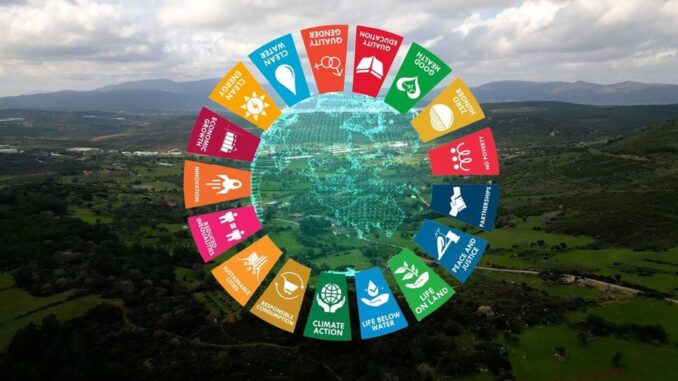
Local governments are pivotal in the implementation of sustainable development initiatives. However, the integration of the Sustainable Development Goals (SDGs) into local plans remains a significant challenge, especially in countries–like Nepal–that are at the early stages of introducing a devolved or federal public sector structure.
In Nepal, there is an increasing recognition of the need to align local plans with the SDG framework to achieve holistic and inclusive development. A recent study–published in the journal Heliyon— explores the practices and challenges faced by local governments in integrating the SDGs into their plans, programs, and budgets. The qualitative case study method was adopted as a mode of inquiry.
The findings of the study reveal that local governments in Nepal have yet to fully incorporate the SDG framework directly into their plans, programs, and budgets. They have yet to recognize the benefits of localization in effectively implementing and achieving the SDGs. Local governments face several challenges, including a lack of ownership, limited financial resources, insufficient SDG-friendly data, lack of institutional capacity, and weak coordination and cooperation.
Despite these challenges, some local governments have formulated SDG-friendly periodic plans, while others are in the process of doing so. The study sheds light on the shift from an indirect to a direct approach in integrating the SDGs into local plans, programs, and budgets, thus contributing to on-going efforts to promote sustainable development in Nepal by offering valuable insights to those involved in formulating and implementing local plans.
Read the entire article (Open Access):
Anil Kumar Gupta, Tulasi Sharan Sigdel. 2024. Integrating Sustainable Development Goals in local plans: Unlocking practices and challenges of local governments in Nepal, Heliyon, Volume 10, Issue 20.

